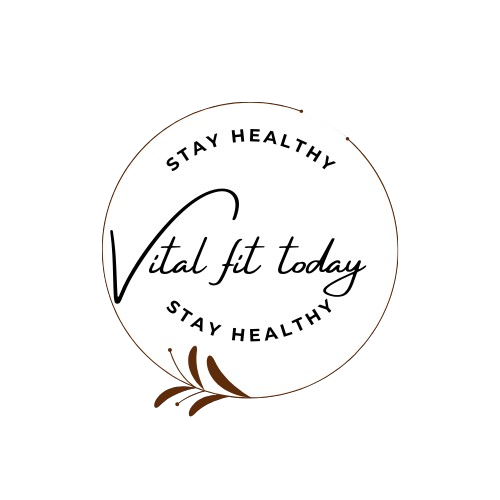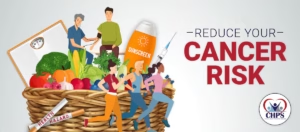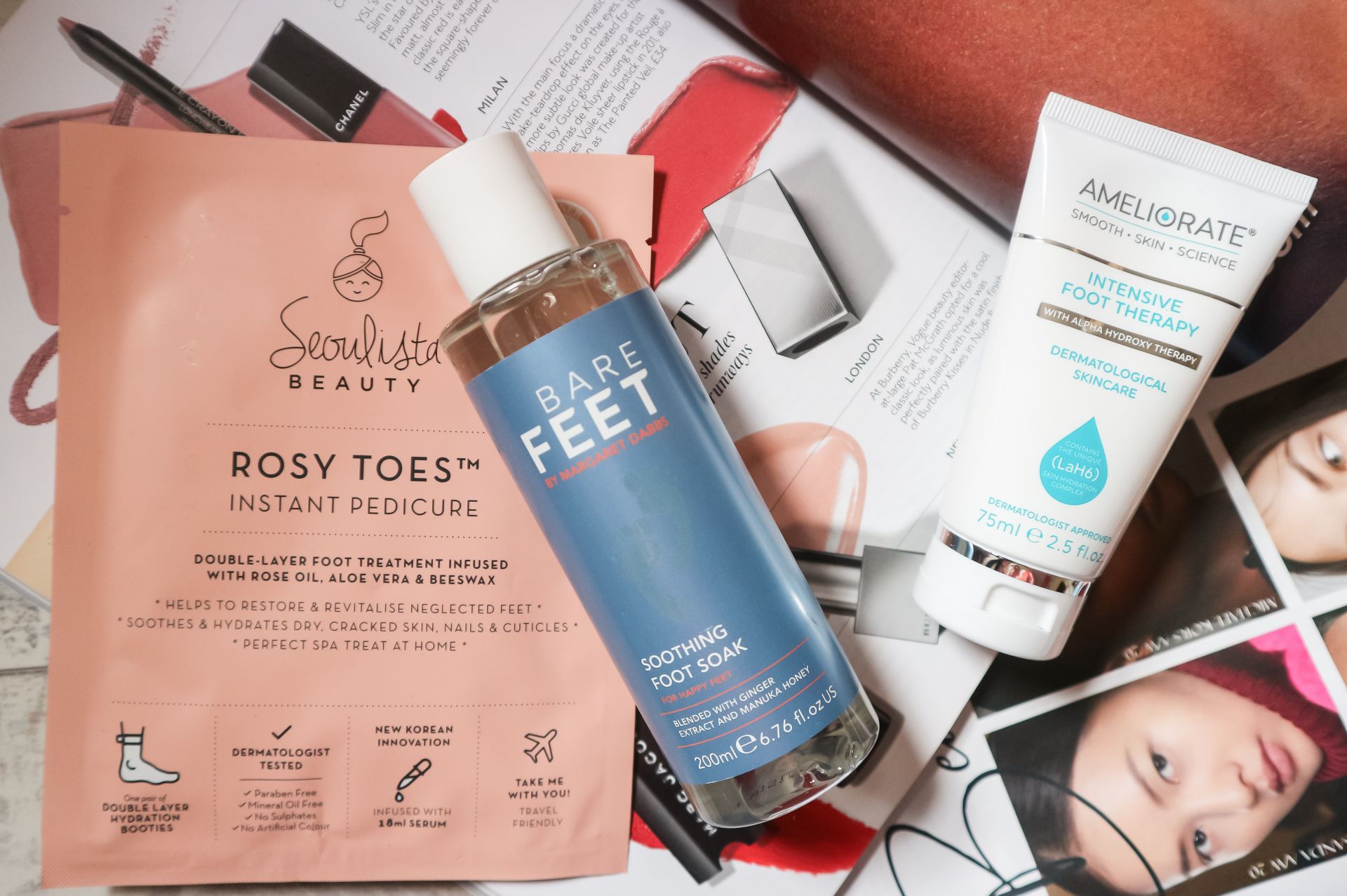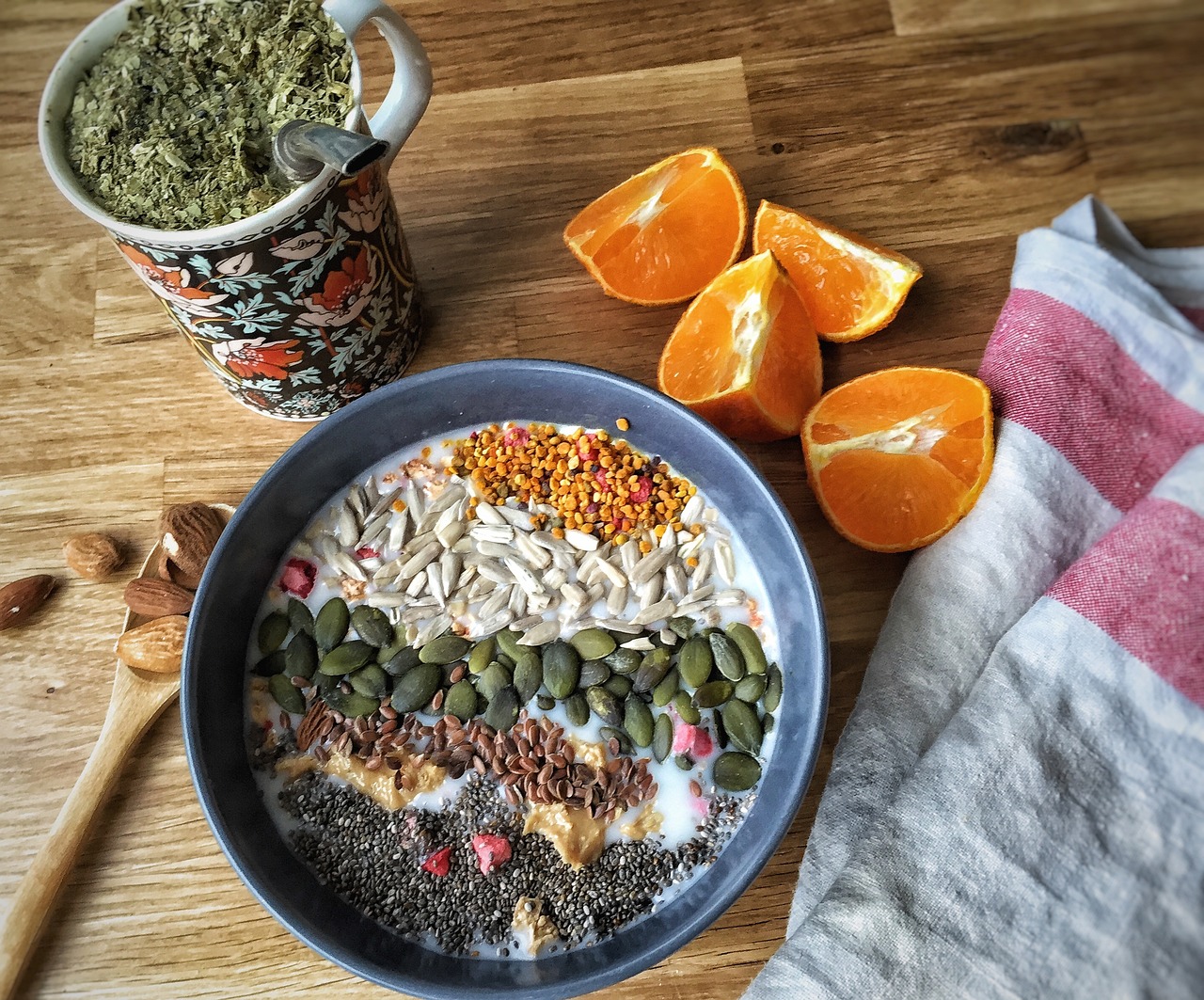Seasonal illnesses like the flu, common cold, and respiratory infections surge during colder months, disrupting daily life and posing risks to vulnerable populations. While these illnesses are often unavoidable, proactive steps can significantly reduce your chances of getting sick. In this guide, we’ll explore flu prevention tips, strategies to avoid colds and flu, and practical advice to help you stay healthy during flu season.
Understanding Seasonal Illnesses
Common Seasonal Illnesses You Should Know
Seasonal illnesses thrive in specific weather conditions, particularly in fall and winter. Here’s a breakdown of the most frequent culprits:
Influenza (Flu)
The flu is a highly contagious respiratory illness caused by influenza viruses. Symptoms include fever, body aches, fatigue, and coughing. It can lead to severe complications, especially in older adults and those with chronic conditions.
Common Cold
Colds are milder than the flu but still inconvenient. Symptoms like a runny nose, sore throat, and sneezing are caused by viruses such as rhinoviruses.
Respiratory Syncytial Virus (RSV)
RSV often affects young children and older adults, causing cold-like symptoms but sometimes leading to pneumonia or bronchiolitis.
Why Prevention Matters
Preventing seasonal illnesses isn’t just about avoiding a few days of discomfort—it’s about safeguarding your long-term health. Complications like sinus infections, bronchitis, or worsening of chronic conditions can arise if these illnesses go unchecked. Plus, reducing transmission protects those around you, including high-risk groups.
Top Strategies to Prevent Seasonal Illnesses
Get Vaccinated: Your First Line of Defense
Flu prevention tips always start with vaccination. The annual flu shot is the most effective way to avoid colds and flu or reduce their severity. The CDC recommends everyone aged 6 months and older get vaccinated by October, before flu season peaks.
Which Vaccines Should You Consider?
- Flu Vaccine: Updated yearly to match circulating strains.
- COVID-19 Booster: Helps prevent severe outcomes from overlapping viruses.
- RSV Vaccine: Recommended for adults over 60 and pregnant women.
Practice Good Hand Hygiene
Germs spread easily through touch. Wash your hands frequently with soap and water for at least 20 seconds, especially:
- Before eating or preparing food
- After using the restroom
- After coughing, sneezing, or blowing your nose
If soap isn’t available, use a hand sanitizer with at least 60% alcohol.
Boost Your Immune System Naturally
A strong immune system is key to seasonal illness prevention. Focus on:
- Nutrition: Eat vitamin-rich foods like citrus fruits, leafy greens, and nuts.
- Hydration: Drink plenty of water to flush toxins.
- Supplements: Consider vitamin D, zinc, or probiotics after consulting your doctor.
Avoid Close Contact with Sick Individuals
Viruses spread through droplets when an infected person coughs, sneezes, or talks. Maintain distance from visibly sick people, and if you’re unwell, stay home to protect others.
Disinfect High-Touch Surfaces
Doorknobs, phones, and keyboards harbor germs. Clean these areas daily with disinfectant wipes or sprays to minimize contamination.
Practice Respiratory Etiquette
Cover coughs and sneezes with a tissue or your elbow—not your hands. Dispose of tissues immediately and wash your hands afterward.
Stay Home When Sick
Pushing through illness increases recovery time and risks spreading germs. Resting at home helps you heal faster and protects coworkers or classmates.
Lifestyle Adjustments for Long-Term Protection
Prioritize Sleep
Sleep is essential for immune function. Adults need 7–9 hours nightly. Create a relaxing bedtime routine and limit screen time before bed.
Manage Stress
Chronic stress weakens immunity. Try mindfulness, yoga, or deep breathing exercises to stay calm during hectic seasons.
Stay Active
Regular exercise improves circulation and immune response. Aim for 150 minutes of moderate activity weekly, like brisk walking or cycling.
Eat a Balanced Diet
Incorporate immune-boosting foods:
- Vitamin C: Bell peppers, strawberries, broccoli
- Zinc: Beans, seafood, lean meats
- Antioxidants: Berries, dark chocolate, green tea
Special Considerations for High-Risk Groups
Who’s at Higher Risk?
Certain groups are more vulnerable to severe illness:
- Adults over 65
- Young children
- Pregnant women
- People with asthma, diabetes, or heart disease
Extra Precautions for Vulnerable Populations
- Mask Up: Wear a mask in crowded places.
- Monitor Symptoms: Seek medical help if symptoms worsen.
- Avoid Travel: Postpone non-vital trips during peak flu season.
Debunking Myths About Seasonal Illness Prevention
Myth: “Cold Weather Causes Colds”
Truth: Viruses cause illness—not temperature. However, indoor crowding in winter aids transmission.
Myth: “You Can’t Spread the Flu If You Feel Fine”
Truth: People can be contagious 1–2 days before symptoms appear.
Myth: “Antibiotics Cure Colds and Flu”
Truth: Antibiotics fight bacteria, not viruses. Misuse contributes to antibiotic resistance.
Conclusion: Your Action Plan to Stay Healthy
Seasonal illness prevention requires a mix of common sense and proactive habits. By following these tips to prevent sickness—getting vaccinated, practicing hygiene, and supporting your immune system—you’ll reduce your risk and stay healthy during flu season. Share this guide with friends and family to spread awareness, not germs!
Remember, cold and flu protection isn’t just about individual health—it’s a community effort. Small steps today can lead to a healthier tomorrow for everyone.












Add comment